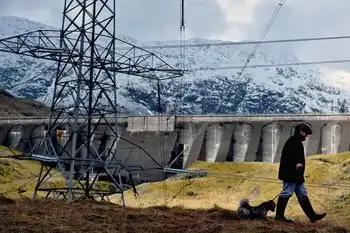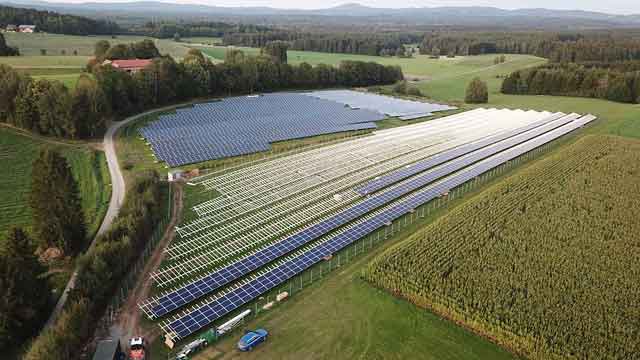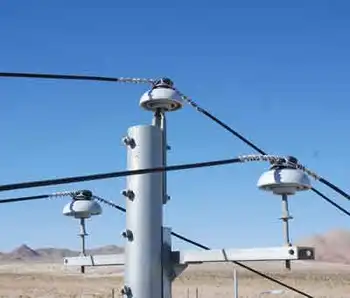Two utilities pull out of Big Stone II power plant
By Knight Ridder Tribune
NFPA 70e Training
Our customized live online or in‑person group training can be delivered to your staff at your location.

- Live Online
- 6 hours Instructor-led
- Group Training Available
In a move that caught both its opponents and allies off-guard, two Minnesota utilities backing the coal-fired plant proposed for the South Dakota border pulled out, for different reasons.
Great River Energy of Elk River said it was withdrawing from the project as an owner and as one of the biggest users of its electricity, saying it might not need as much energy as it had previously thought. Separately, Southern Minnesota Municipal Power Agency said it couldn't commit as a long-term owner because of a lawsuit it is fighting from its largest customer, the city of Rochester.
The energy project's remaining five backers said they would continue as planned, but environmentalists who have opposed the 630-megawatt power plant hailed Monday's developments as an unexpected victory.
"This is a major setback for the Big Stone II project," said Beth Goodpaster, a lawyer representing the Minnesota Center for Environmental Advocacy. "It'll take basically a whole new case if they want to get new investors. It's kind of a do-over."
Meanwhile, the Minnesota Department of Commerce was left wondering if it still had a viable settlement agreement with the project to offset the impact of the plant's emissions of carbon dioxide, the greenhouse gas that contributes to global warming. The settlement, announced just over two weeks ago, was supposed to help the project win approval from the Minnesota Public Utilities Commission next month for high-voltage transmission lines from South Dakota into Minnesota.
"Candidly, we're surprised and disappointed by this turn of events," said Edward Garvey, the department's deputy commissioner in charge of energy. "We had a good settlement, but a good settlement for a facility that may not be needed isn't good enough."
Southern Minnesota Municipal Power Agency still may buy power from the project, but will not be an owner, officials from Big Stone II said in a statement. Great River Energy's proposed share of Big Stone II's power was 122 megawatts, or about 20 percent of the total output, while Southern Minnesota Municipal was supposed to get 49 megawatts.
Great River Energy, which had about a 20 percent ownership share in the project, was the project's largest partner in Minnesota, serving approximately 600,000 members.
Great River's resource-planning analysis concluded that its need for additional capacity had been reduced and that it could buy the energy it needed more cheaply from other Midwest utilities or get it from plants it wants to build itself - such as a natural-gas-fired power plant proposed for Elk River, spokeswoman Therese LaCanne said.
The impact of the state's new law calling upon utilities to achieve 25 percent of their electricity through renewable resources like wind energy by 2025 also was considered "significant," the utility said.
Ward Uggerud, senior vice president of Otter Tail Power in Fergus Falls, Big Stone II's lead developer, said in the statement that the pullout by the two utilities does not change the state's need for new power and transmission lines.
But the project may have to be downsized to 500 megawatts to take into account the smaller demand, Big Stone II spokesman Dan Sharp said.











